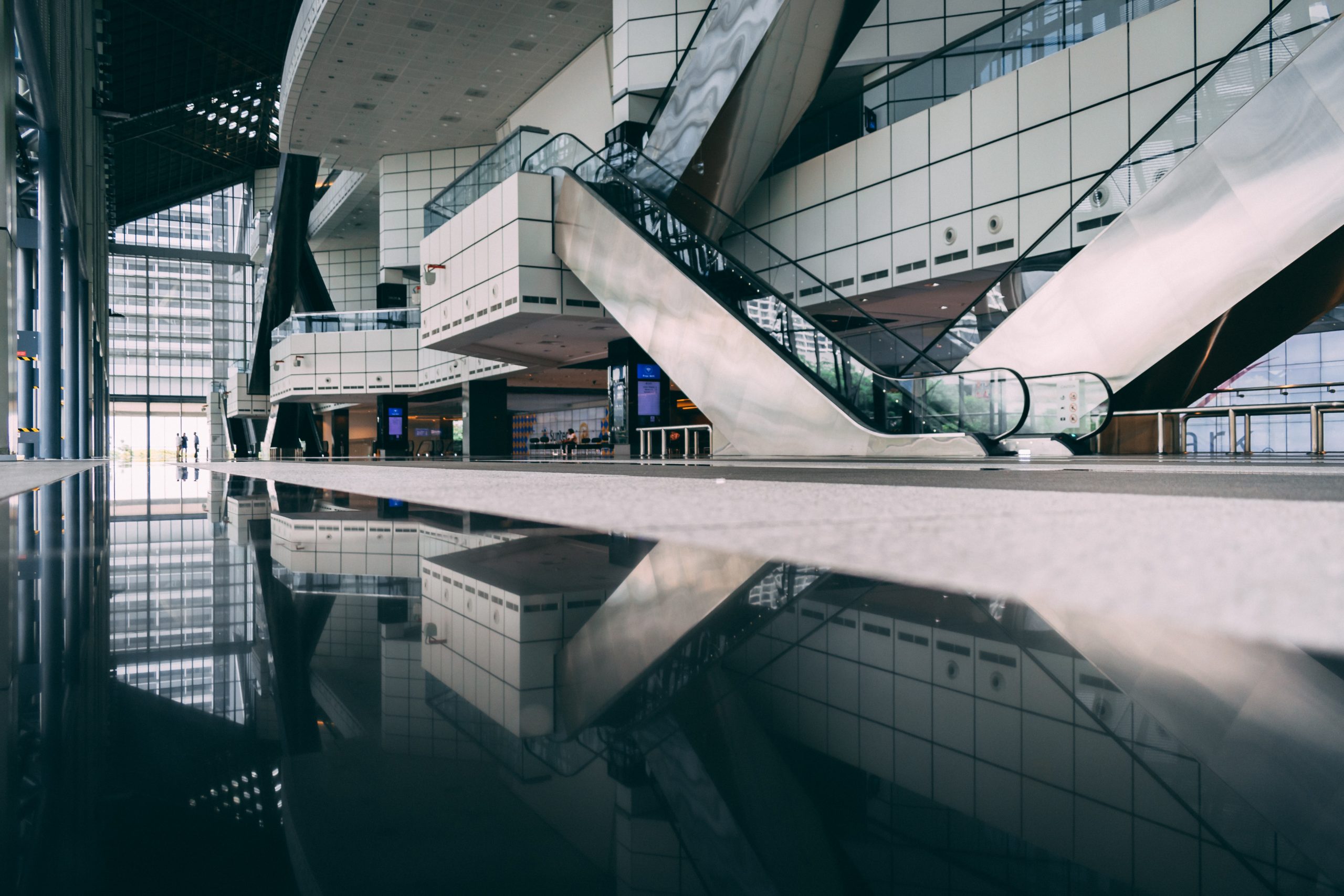
I started thinking about invisibility years ago, after watching a brilliant movie called Dirty Pretty Things by British director Stephen Frears.
It was set in a dingy London hotel and its main characters were immigrants – a porter, an undertaker, a prostitute, a doorman, a night manager, a political exile.
Basically, people who live on the fringes of society, as well as our consciousness.
Through the movie’s lens, I saw a London that was so familiar, yet alien at the same time. The buildings and streets I had seen many times before. But I had never “seen” the people the movie had put front and centre.
I had brushed past them, looked through them, and ignored them. To me, they were of no consequence. They were unimportant. They were invisible.
Lack of visibility used to mean lack of power. But Covid-19 has completely upended that notion. The SARS-CoV-2 virus, which causes Covid-19, cannot be seen. Technically, it is not even a living thing. Yet, it has managed to bring the world to its knees.
While the visibly rich and powerful sequester themselves in their villas, the previously “invisible’’ toilet cleaners, garbage collectors and sanitation officers now occupy centre-stage. We are at the mercy of hospital staff and frontline workers to ensure our health and safety.
As a friend put it eloquently on Facebook, “Dear parents. Never say to your kids, see what happens when you don’t study? Because the people you are pointing at are ‘essential services’.”
The virus has also shown the power of the invisible in a more sobering way, through the recent spike in infections among Singapore’s migrant workers.
In normal times, they toiled on construction sites, lived in dormitories far away from us, and popped up in our viewfinder only if we happened to be at Serangoon Road on a Sunday.
Now, the virus has forced the previously invisible into the open. Out of sight is no longer out of mind. More humbling revelations will unfold as this virus takes its course.
For example, those who are trying to hold it together now by showing the world a brave face might be unable to hide their distress in months to come.
Even after the virus is contained and life goes back to some form of normalcy, more and more people will be overwhelmed by the massive task of rebuilding their lives and livelihoods. So, even as society prioritises physical health and safety now, it needs to ready itself for an invisible scourge ahead in the form of mental health issues.
Epidemiologists and economists will run their modelling programmes to ascertain how things might play out. But the effects of this virus will be difficult to pin down in terms of hard numbers and concrete data.
If we can’t rely purely on the tangible to chart a meaningful path into the future, we have to peer into the darkest corners of our biases and our blind spots, consider what might have been trivial and inconsequential in the past, and see things with new eyes.
There is hope in the unseen.
All over the world, people are reaching out to help those in need. They are doing invisible work – fundraising, volunteering and stepping outside their safe spaces to ensure the vulnerable in society are getting assistance.
Distilled to its most meaningful essence, being aware of the invisible simply means recognising people and issues that are not in our immediate or obvious line of vision.
It means showing compassion and empathy, even with a lighthearted touch, as New Zealand Prime Minister Jacinda Ardern displayed recently at a pre-Easter press briefing on the lockdown in her country.
In what was probably a world first for a head of state, she reassured the nation’s children that the Easter bunny and the tooth fairy – invisible to adults – were considered “essential services” and would, therefore, still be working, although their visits might be affected by the coronavirus.
It is time to turn despair and fear of the unknown into hope and courage.
There is power in the invisible. And as we move into the New Normal, let’s acknowledge it and harness its potential before it hits us between the eyes. Again.
Ong Soh Chin, a former journalist, is Deputy Director at the Institute of Policy Studies in Singapore.
This piece was first published in South China Morning Post on 16 April 2020.
Top photo from Unsplash.
